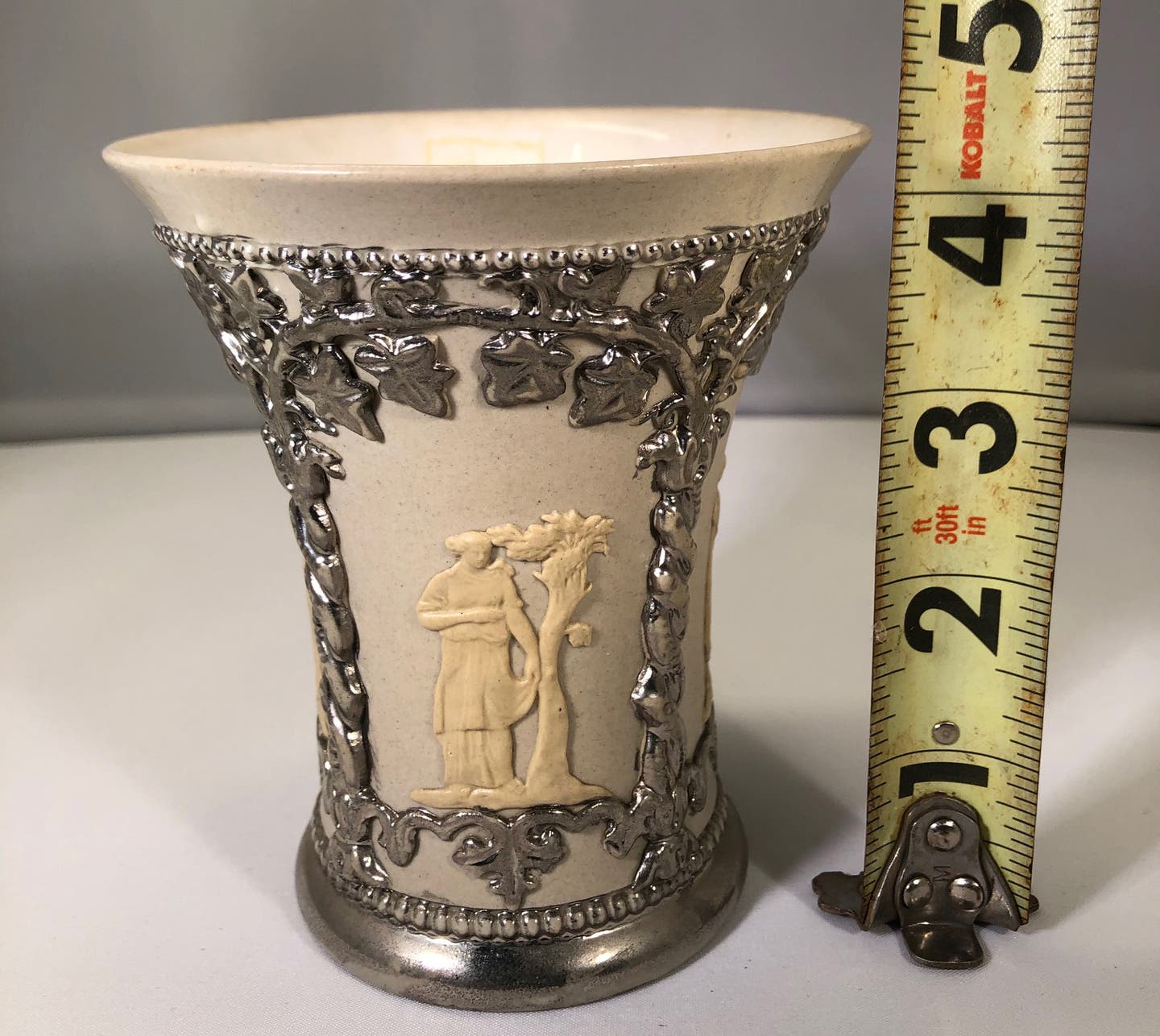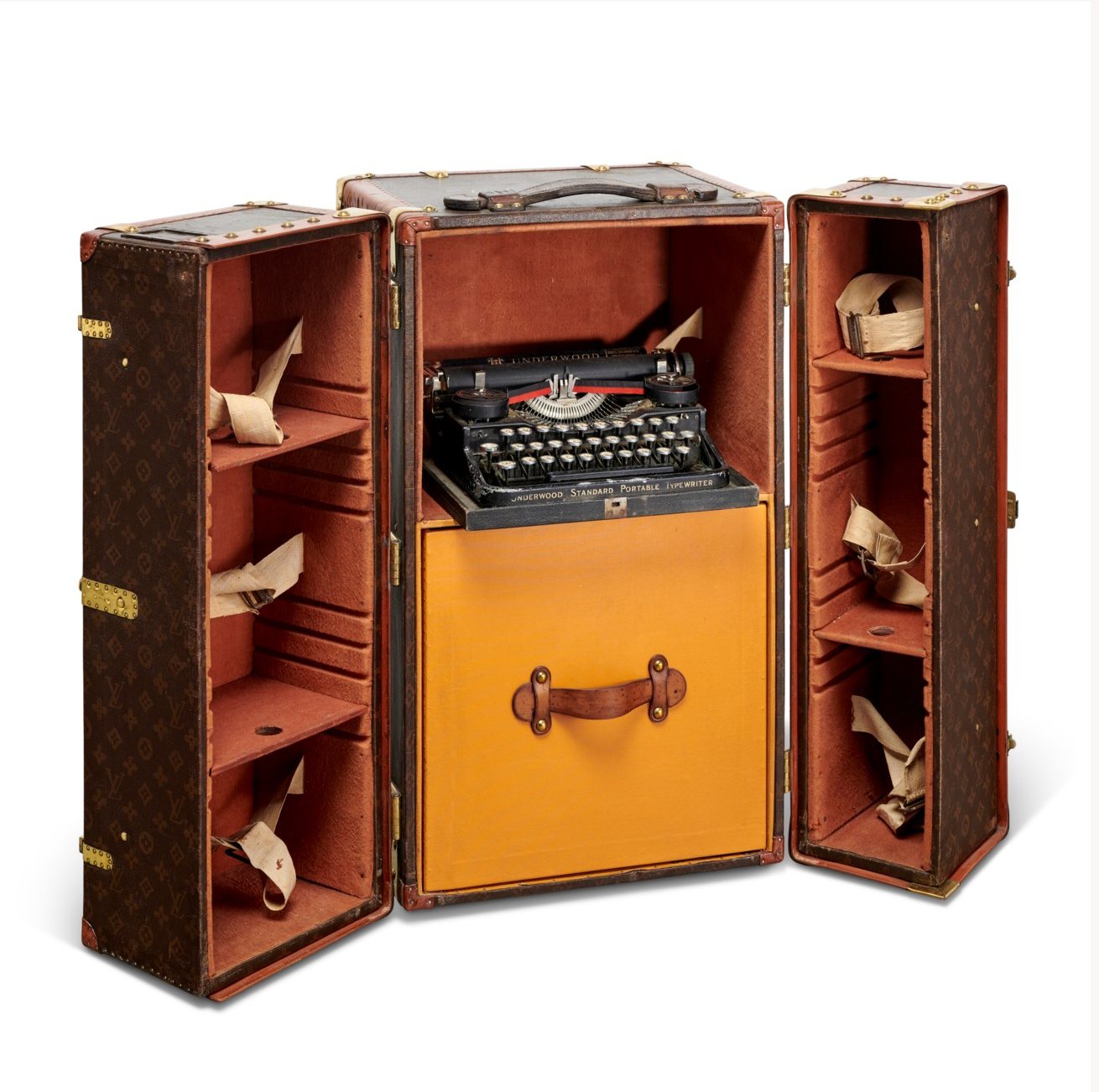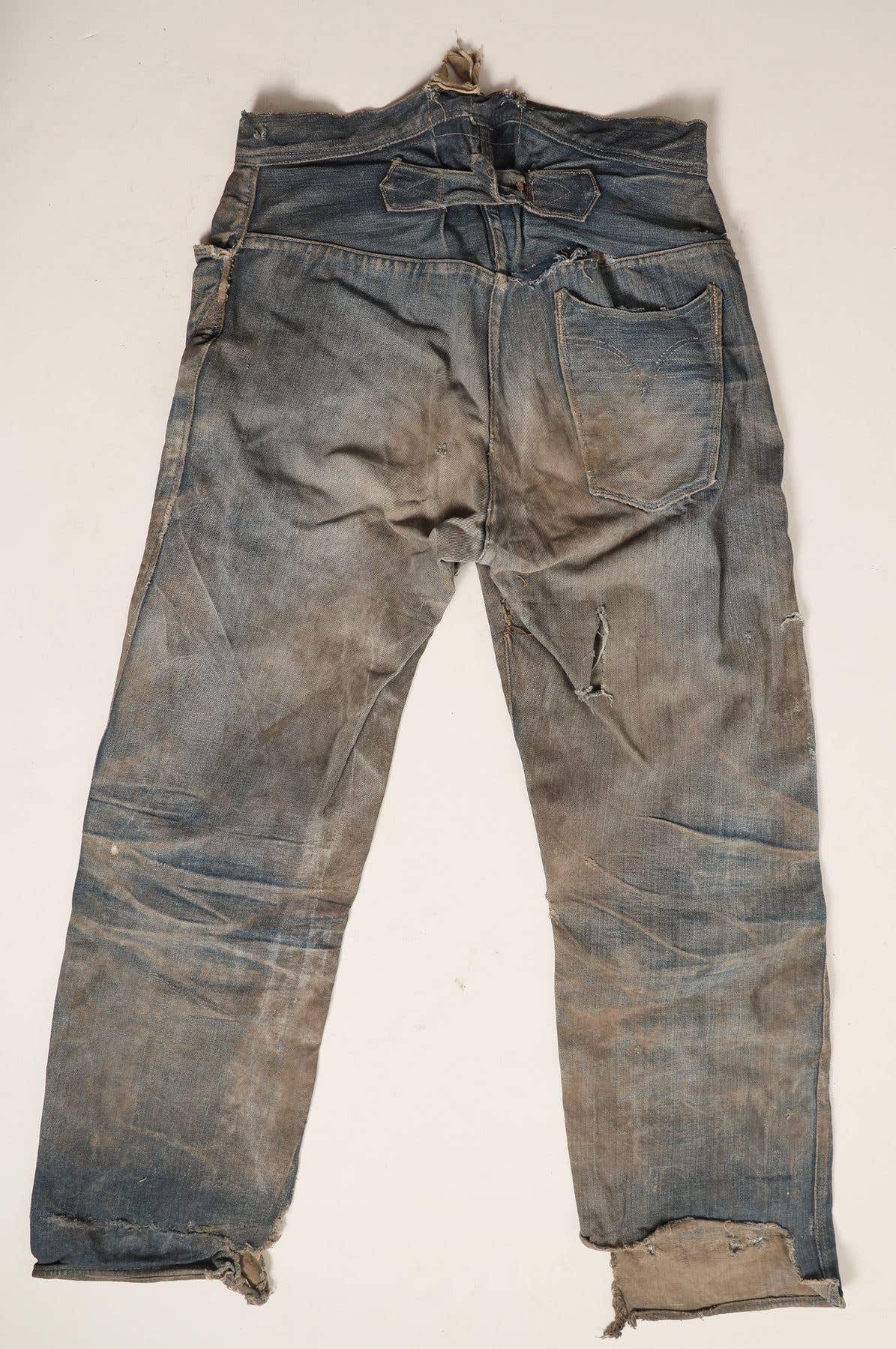What Not To Do: Finding the right furniture guy
Finding the right furniture restoration specialist (furniture guy) is as much about what you don’t do, as it is about the decisions you do make, states Furniture Detective Fred Taylor.
Last issue I gave an outline on how to go about finding the right furniture guy or woman. This 'how to' can be applied to locating people to perform restoration services on your family heirloom piece of furniture. That outline was a list of “Do’s” to use in your search. This column is about the “Don’ts” of finding the right furniture guy or woman (furniture professionals).
Don’t ask how long the furniture guy has been in business
That is the first question typically asked and it tells the restoration artist that you haven’t done your homework or you would already have an idea of the answer. Besides, the answer is really irrelevant. The poorest hack in the business may have been around for 25 years doing the same hack work he has always done because his customers will accept it. That doesn’t mean you will or should.
On the other hand a new entry into the trade in his first year of business may be the next master of the work. Inexperienced doesn’t always mean incompetent and you should already have an idea of his capabilities if you followed the first list of “Do’s” including checking out references and performing an on site inspection.
Don’t ask who else he would recommend
That answer too is irrelevant. If he is competent and assured he will recommend only himself. If he is only trying to please you he won’t give you a straight answer. Even if he did, what would you do? Go to the competitor with the word that he recommended you? That’s a good way to get restoration people uneasy about you.
Don’t tell him you usually do your own work
Why would he care? If you were capable of doing the job you probably would do it but apparently this one is over your head or out of your time frame and you are asking for his help. Enough said.
Don’t tell the furniture guy how you would do it
If you knew how to do it you probably wouldn’t need him. He most likely already knows how to do it. Having done it many times before and the way he will accomplish the task is probably quite different from the way you would proceed. That includes using materials and tools that might not be available to you such as power tools, professional finishes and access to industry supply sources. Almost every trade has its suppliers of specialty professional items who deal only with bona fide members of the trade.
Don’t tell him how Uncle Ed would do it
He cares even less about Uncle Ed’s abilities than he does about yours. He also doesn’t care how one of his competitors told you how he would do it. It just doesn’t matter.
Don’t drop by to socialize
A professional restoration artist usually has little time to socialize. Don’t use up the time he may be
devoting to your project by dropping in to say “hi.” A prearranged appointment to check on progress or to answer specific questions of taste or choice is certainly in order – especially if he arranged the appointment – but don’t just show up to show the flag. He knows who you are and where he can reach you if needed. If you followed the list of “Do’s” you have already agreed on a timetable so allow him to stick to it and you should too. The same goes for phone calls.
A phone call is just as disruptive as a personal visit. It requires the professional to stop what he is doing, whether for you or somebody else, change his direction of thought, recall the details of your transaction and then respond to your call. The longer he talks the longer it takes to get the job done.
Don’t pay in advance
Ninety percent of all restoration work is labor. Don’t pay in advance for labor that has not been performed. A legitimate, adequately capitalized business doesn’t need advance payment for labor. That should be a warning sign to you. It probably means he will use your payment to finish paying his costs on previous jobs leaving him without adequate resources for yours. However, that does not apply to specialty items that he may need to custom order for your job, such as fabric that has to be ordered, paid for and cut, glass that has to be cut or bent to order or a special paint color that will only be used for your work. Advance payment for such out of pocket expenses is certainly in order and so are progress payments on a job of extended complexity and length if the details are worked out in advance. These are similar to progress payments for construction projects.
Don’t pay for shoddy work
When the job is complete, from the point of view of the restorer, you should pay for the work. But don’t pay for it if you are not happy about it. Especially agreed upon or contractually noted details. Don’t be hard to get along with but don’t pay for work you are not happy with. Explain the reason for your unhappiness in the work and ask him to correct it if possible or adjust the price if necessary. Be reasonable but don’t be a pushover. Both of you may need each other again.
With more than 30 in the antique furniture business, Fred Taylor is a household name when it comes to the practical methods of identifying older and antique furniture: construction techniques; construction materials; and style.








